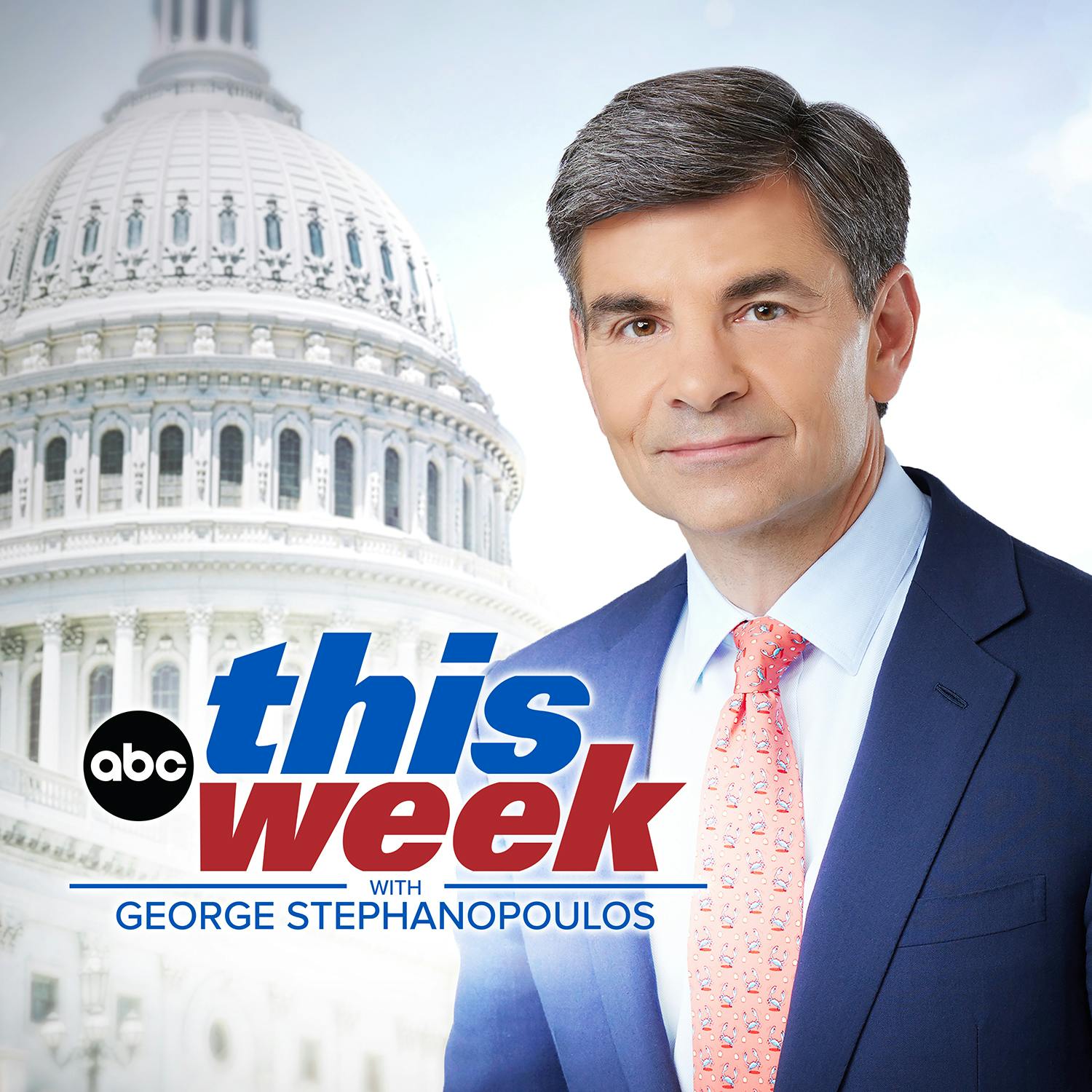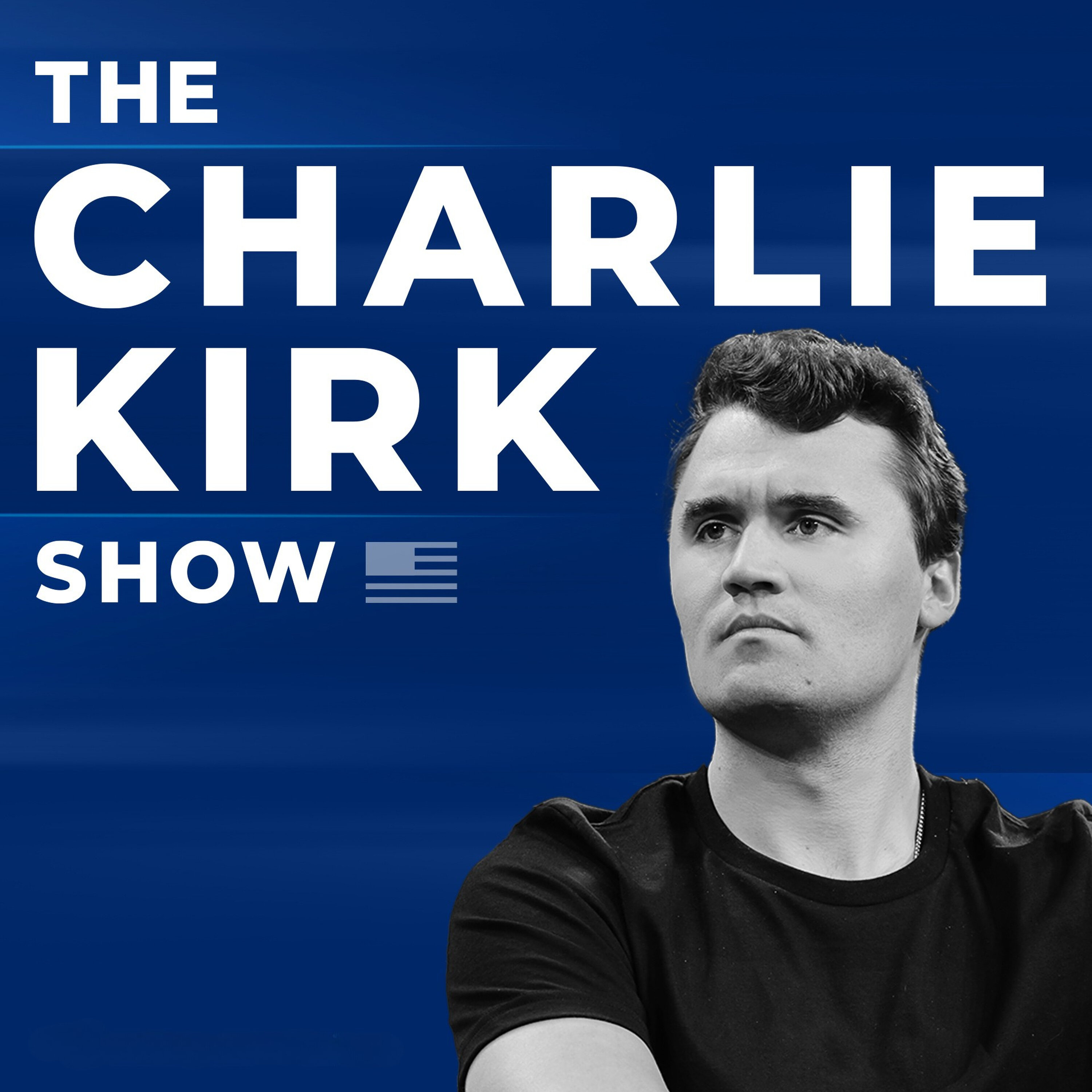AI Summary
President-elect Donald Trump is seeking a delay from the Supreme Court on a law that may mandate TikTok's sale or shutdown due to its Chinese ownership. This marks a shift in Trump's stance, having previously advocated for a ban on the app amidst national security concerns. Concurrently, approximately 10,000 North Korean soldiers are facing dire conditions in Ukraine, suffering heavy casualties in poorly supported assaults. Lastly, the FDA has announced the end of the shortage of the obesity drug Zepbound, although patients face increased costs as alternatives are phased out.
The NPR "Up First" episode covers President-elect Trump's request for the Supreme Court to delay enforcement of a TikTok ban until after his inauguration, highlighting legal tensions. It also discusses high casualty rates among North Korean soldiers in Ukraine and concludes with the FDA lifting the shortage of the obesity drug Zepbound, despite a rise in cost, eliciting mixed public reactions.
The podcast discusses key news, including President-elect Trump's legal battle with TikTok, as he seeks to delay a ban linked to its Chinese ownership. Meanwhile, North Korean soldiers are heavily engaged in Ukraine, facing significant casualties while being deployed for dangerous missions. Additionally, the FDA has declared an end to Zepbound's shortage, though its price has increased, causing concern among patients.
The resolution of the Zepbound drug shortage has sparked mixed feelings as patients may have to pay more for obesity management. Compounded versions were cheaper, and a lawsuit by compounding pharmacies questioned the FDA's declaration of the shortage's end. The FDA believes that Eli Lilly can now meet the demand based on inventory data and feedback, forcing pharmacies to stop selling cheaper alternatives by early next year.
Zepbound, recently approved by the FDA for obesity treatment, has led to stockpiling of compounded terzapatide by patients like Mary Strusky, who successfully lost 50 pounds and requests continued access to the medication. With Zepbound's status as a treatment for obstructive sleep apnea, there may be improved insurance coverage through Medicare and Medicaid, although it won't resolve all insurance issues for every patient.
- more AI-processed summary -
Takeaways
**The urgency surrounding the TikTok ban underscores broader concerns about data privacy and national security, particularly regarding applications with foreign ownership.**
**Reports of North Korean soldiers engaging in suicide missions underscore the psychological toll of warfare, emphasizing the dire conditions under which these soldiers fight and the sense of hopelessness that can result from being sent into futile combat.**
**The end of the Zepbound shortage signifies a pivotal shift for patients relying on obesity medication, illustrating broader healthcare implications surrounding drug availability and pricing, especially in the context of rising demand.**
**Concerns over U.S. military aid to Ukraine and its potential freezing post-Trump's inauguration raise critical questions about future geopolitical dynamics in Eastern Europe and the ongoing conflict's toll on Ukrainian defenses.**
**ZepBound's new approval for treating obstructive sleep apnea opens possibilities for expanded insurance coverage, potentially benefiting many patients.**
- more AI-processed takeaways -
Topics
TikTok Regulations
TikTok regulations involve policies and legal actions aimed at managing the use of the TikTok application, especially in relation to data privacy, national security, and its ownership structure. This topic has broader implications for foreign tech companies operating in the U.S.
North Korean Military Involvement
North Korean participation in the Ukraine conflict represents an unusual alignment. This topic explores implications for military strategy, the nature of contemporary warfare, and evolving alliances amidst geopolitical tensions.
Obesity Medications
The increasing popularity of drugs like Zepbound and their availability affects public health discussions regarding obesity treatment and drug policy. The end of the drug shortage reflects shifting trends in healthcare and pharmaceutical supply chains.
Military Aid to Ukraine
The provision and potential allocation of military aid to Ukraine play a crucial role in the ongoing conflict. The implications of U.S. support are significant for Ukraine's defense against aggression and the broader geopolitical landscape in Eastern Europe.
Healthcare Policy
Healthcare policy critically impacts drug affordability and availability. The exclusion of weight-loss medications from Medicare coverage due to outdated regulations reflects systemic barriers that patients face in accessing necessary medication.
- more AI-processed topics -
Related Episodes

Full Episode: Sunday, December 29, 2024ABC's Jonathan Karl talks with retiring Maryland Senator Ben Cardin about America’s foreign policy challenges and how Democrats will approach a second Trump term. Then, Jon goes one-on-one with New York Republican Representativ Mike Lawler ahead of Congress’ return in the new year.
Learn more about your ad choices. Visit podcastchoices.com/adchoices

 Trump On TikTok Ban, N. Korean Soldiers in Ukraine, Obesity Drug Shortage Ends
Trump On TikTok Ban, N. Korean Soldiers in Ukraine, Obesity Drug Shortage EndsPresident-elect Donald Trump is seeking a delay from the Supreme Court on a law that may mandate TikTok's sale or shutdown due to its Chinese ownership. This marks a shift in Trump's stance, having previously advocated for a ban on the app amidst national security concerns. Concurrently, approximately 10,000 North Korean soldiers are facing dire conditions in Ukraine, suffering heavy casualties in poorly supported assaults. Lastly, the FDA has announced the end of the shortage of the obesity drug Zepbound, although patients face increased costs as alternatives are phased out.
- **The urgency surrounding the TikTok ban underscores broader concerns about data privacy and national security, particularly regarding applications with foreign ownership.**
- **Reports of North Korean soldiers engaging in suicide missions underscore the psychological toll of warfare, emphasizing the dire conditions under which these soldiers fight and the sense of hopelessness that can result from being sent into futile combat.**

Colleges advise some international students to return to U.S. before Trump takes officeMost college students are on their winter break gathering with family and friends. But some from outside the United States may return to campus early this holiday season after several universities and colleges are advising them that the incoming Trump administration may make it more difficult for them to return later. Lisa Desjardins explains. PBS News is supported by - https://www.pbs.org/newshour/about/funders

 What I’m Thinking at the End of 2024
What I’m Thinking at the End of 2024In this end-of-year episode, Ezra Klein reflects on his liberal beliefs, distinguishing them from democratic socialism and advocating for an approach that balances technology and capitalism with social equity. He discusses the complexities of technology's societal impact and the allure and pitfalls of social media, stressing the importance of maintaining mental well-being. Klein also addresses the challenges surrounding reporting on the Trump administration, defines the nuances of political accountability in relation to the filibuster, and shares insights on parenting and personal growth. He emphasizes the need for better self-care amidst societal pressures, indicating his intent to shift perspectives in 2025.
- Ezra Klein's perspective underscores the importance of recognizing individual life experiences within political ideologies, particularly in liberalism, which he argues must evolve to address contemporary challenges.
- The normalization of extreme views is a pressing concern in today's media landscape, with implications for democratic discourse and public perception. Klein's approach advocates for robust engagement with diverse opinions without abandoning critical reasoning.

Why Biden commuted the sentences of 37 people on federal death rowPresident Biden has commuted the sentences of 37 of the 40 prisoners on federal death row who will stay in prison for life but will not be subject to executions. Biden's move is likely motivated by the incoming Trump administration's expected hard line policy shift on federal executions. Robin Maher, executive director of the Death Penalty Information Center, joins William Brangham to discuss.
PBS News is supported by - https://www.pbs.org/newshour/about/funders

Researchers race to answer questions about the unintended consequences of wind energyThe Biden administration just approved a wind farm project off the coast of Massachusetts. It's the eleventh commercial-scale wind project of its kind to get approval and comes at a key moment for the sector, as President-elect Trump, a frequent critic, prepares to take office. Miles O'Brien reports.
PBS News is supported by - https://www.pbs.org/newshour/about/funders

GOP Rep. Schweikert says Musk's political influence in Washington is 'wonderful'The back-and-forth on the stopgap spending bill has created fault lines among House Republicans. Many were unsatisfied with the original text, but some also rejected the revised bill, which included President-elect Trump's demands to suspend the debt limit. One of those members is Rep. David Schweikert of Arizona. He joined Geoff Bennett to discuss more. PBS News is supported by - https://www.pbs.org/newshour/about/funders

Brooks and Capehart on Trump's role in the chaotic funding battle in CongressNew York Times columnist David Brooks and Washington Post associate editor Jonathan Capehart join Geoff Bennett to discuss the week in politics, including yet another chaotic, down-to-the-wire funding battle in Congress, how President-elect Trump will govern during his second term and the political influence of Elon Musk. PBS News is supported by - https://www.pbs.org/newshour/about/funders

 AmFest, Day2: House Speaker Elon Musk? ft. Glenn Beck, Sage Steele, Josh McKoon, Chloe Cole
AmFest, Day2: House Speaker Elon Musk? ft. Glenn Beck, Sage Steele, Josh McKoon, Chloe ColeIn a thought-provoking discussion at AmericaFest, Charlie Kirk and Glenn Beck explore themes of optimism about America's future, the unconventional suggestion of Elon Musk as House Speaker, and the potential direction of a future Trump administration. They address concerns regarding the radical left's influence and the essential role of grassroots movements in political mobilization, particularly in Georgia's recent election cycle. Sage Steele shares her personal journey of faith amidst challenges, while Chloe Cole recounts her experience as a detransitioner, emphasizing the need for better protection for minors in medical decisions.
- The importance of faith and a strong moral foundation is emphasized as a guiding force in the current political landscape.
- The idea of Elon Musk as House Speaker reflects a bold reimagining of leadership roles, indicating the significance of influential figures in navigating the current political landscape.

 Yes, Biden’s Green Future Can Still Happen Under Trump
Yes, Biden’s Green Future Can Still Happen Under TrumpIn this episode, Robinson Meyer and Jigar Shah discuss the potential effects of Donald Trump's presidency on green energy investments, emphasizing that advancements in clean technology will likely persist despite political shifts. Shah highlights the essential role of the Loan Programs Office in financing green projects, the importance of community engagement, and the evolving dynamics of the energy supply chain. The conversation also covers bipartisan support for clean energy initiatives and the necessity of diverse energy sources, including nuclear, to meet decarbonization goals and foster economic growth.
- The relationship between climate initiatives and economic benefits is crucial, as successful clean technologies also enhance job growth and household livability.
- The significant expansion of the LPO's authority under the Inflation Reduction Act reflects a strategic move to bolster the domestic clean energy sector and reduce reliance on foreign technology.









